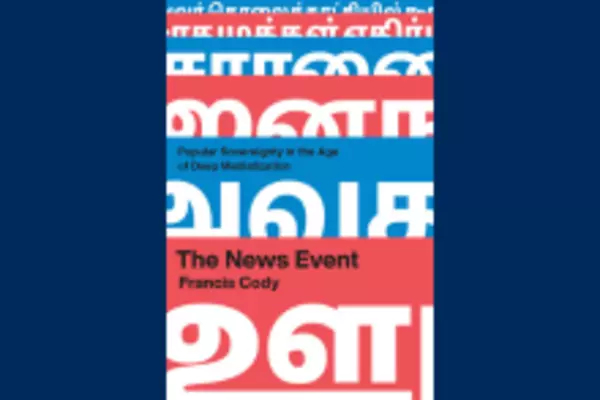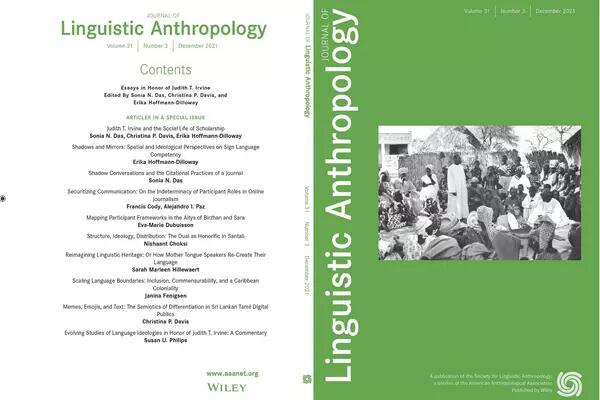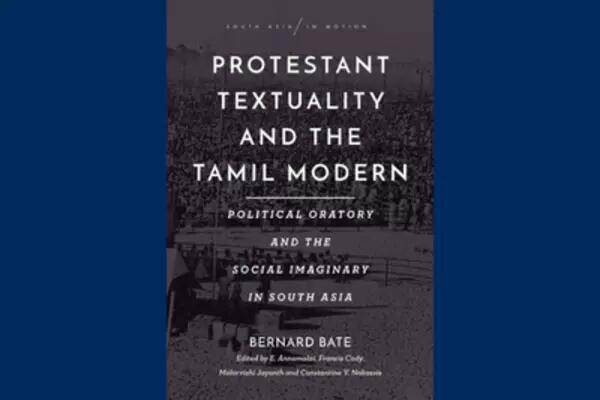Francis Cody

Current affiliations
- Director, Dr. David Chu Program in Contemporary Asian Studies (CAS)
- Director, Centre for South Asian Studies (CSAS)
Areas of interest
- Sociocultural and Linguistic Anthropology
- Critical Social Theory
- Activism
- Media Studies
- Postcolonial State Formation
- Public Sphere
- Politics
- Tamilnadu
- India
Biography
Francis Cody is a Professor in the Department of Anthropology and the Asian Institute at the University of Toronto, where he is the Director of the Dr. David Chu Program in Contemporary Asian Studies and the Centre for South Asian Studies. He has been teaching at U of T since 2008. His research focuses on language, politics, and media in southern India. He first brought these interests to bear on a study of citizenship, literacy, and social movement politics in Tamil Nadu. Based on two years of fieldwork in the rural district of Pudukkottai, this work was published as a book called The Light of Knowledge: Literacy Activism and the Politics of Writing in South India (Cornell 2013), winner of the 2014 Edward Sapir Book Prize awarded by the Society for Linguistic Anthropology. Dr. Cody’s more recent research traces the emergence of populist democracy and transformations of political publicity through Tamil and English news media. This work, funded by a five-year SSHRC-Insight Research Grant, explores questions of law, technology, and violence in claims to representing popular sovereignty. Taken as a whole, his work contributes to the transdisciplinary project of elaborating critical social theories of mass mediation and politics in the postcolonial world.
Select publications
- “Daily Wires and Daily Blossoms: Cultivating Regimes of Circulation in Tamil India’s Newspaper Revolution.” Journal of Linguistic Anthropology 19(2): 286–309, 2009.
- The Light of Knowledge: Literacy Activism and the Politics of Writing in South India. Ithaca: Cornell University Press, 2015. (Indian edition: Orient Blackswan)
- “Populist Publics: Print Capitalism and Crowd Violence Beyond Liberal Frameworks.” Comparative Studies of South Asia, Africa, and the Middle East 35(1): 50–65, 2015.
- “The Obligation to Act: Gender and Reciprocity in Political Mobilization.” HAU: Journal of Ethnographic Theory 6(3): 179–199, 2016.
- “Metamorphoses of Popular Sovereignty: Cinema, Short Circuits, and Digitalization in Tamil India.” Anthropological Quarterly 93(2): 57–88, 2020.
- The News Event: Popular Sovereignty in the Age of Deep Mediatization. Chicago: University of Chicago Press, 2023.
Awards & recognition
- Winner of Edward Sapir Book Prize, Society for Linguistic Anthropology



